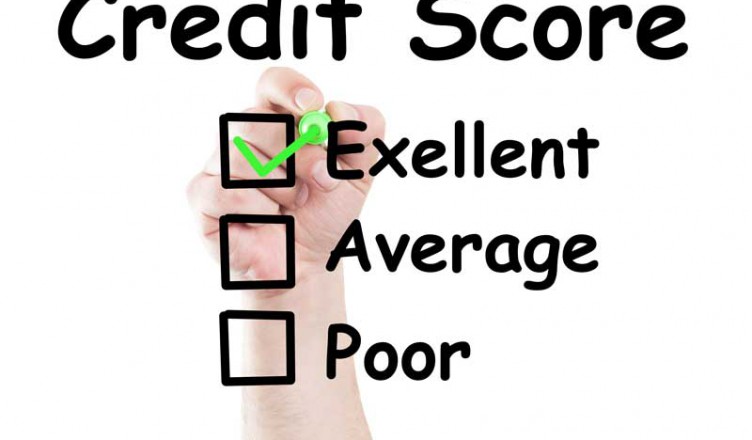Business credit is an important part of building a successful company. You need to build good credit in order to get financing from a bank for your business. While you might be able to use your personal credit to start out for your business (a free credit report can help you get an idea of where you stand), it is a good idea to eventually separate your business credit from your personal credit and make sure that it can stand on its own.
Many companies might think that building up a good credit score for their business is unimportant, since invoice factoring can provide helpful tools for streamlined cash flow. While this is true, since invoice factoring is more concerned with your clients’ business reputation and payment history, it is still important to establish your own business credit. You can use invoice factoring to help you get things moving when a traditional bank won’t help you with more traditional financing, but while you use factoring for immediate cash flow needs, you should make efforts to build good credit for your business so that you can get larger financing for expansion or other needs down the road.
Build good credit as a business
When you are building personal credit, there are certain things you can do to improve your credit score. Not all of the same tactics will work for your business. Even if your free credit report tells you that your personal credit is good, you will need to begin establishing your business credit so that your business can stand on its own. Here are some things that you can do to help build a solid business credit score:
- Get a DUNS number: Dun & Bradstreet is a business credit reporting company that helps businesses manage their financial reputations. You can apply for a DUNS number for your business, and then use that number in your transactions with others. That way, when a bank looks up your business credit score, they will see a report on your business tied to your DUNS number.
- Have multiple business accounts: You will find that you can build good credit as a business by having more than one business account. Business checking, one or two business credit cards, and other small credit accounts – including credit accounts with your suppliers and partners – can help boost your business score. Just make sure that your DUNS number is attached to them, and that you are responsible with meeting your obligations.
- Pay early: With personal credit, it doesn’t matter if you make early payments. With your business credit score, though, the story is different. It does matter whether you pay early. When you pay early, it shows up in your Dun & Bradstreet report, and you can use that advantage to build good credit for your business.
- As vendors to report your good business behavior: Some of your suppliers and others do not report to business credit bureaus. You can change this by asking them to report your early payments and general good business practices to credit information providers. You should also return the favor by reporting the activities of your clients, so that they can also build their own good business credit.
When you build good credit as a business, you are setting up your business as a respectable entity that banks can trust for major loans and financing. While invoice factoring might work well for things like meeting payroll, paying some suppliers and even buying some equipment, the truth is that for major expansions, very large purchases and funding employee benefit plans, you might need a larger infusion of cash than what you can get through factoring. This means that you need to plan ahead and take the steps now to build good business credit. That way, five years down the road when you need a larger chunk of working capital, you can go to a bank, apply for a traditional business loan, and actually get it.




